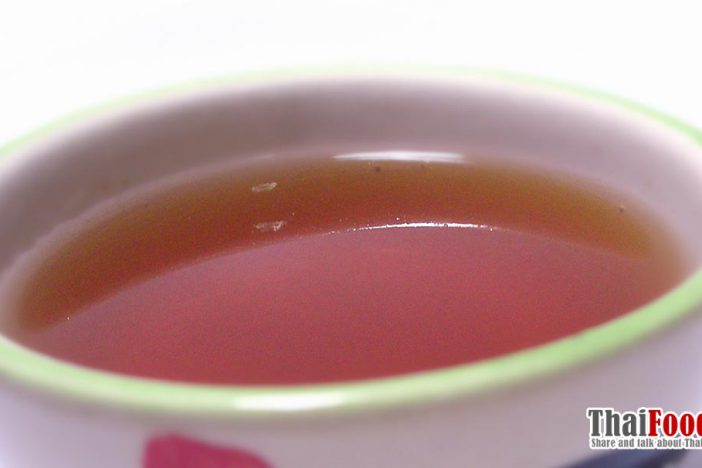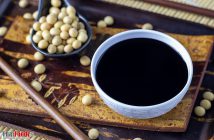Fish sauce is widely used as seasoning or condiment in Thai cuisine and a staple ingredient in most countries in Southeast Asia.
Whenever seasoning their dishes, the Thais appear enjoyable to obtain a salty flavour from the fish sauce or น้ำปลา (N̂ảplā), the transparent-amber-coloured liquid. Why they feel like that? Does the fish sauce give them more overwhelming things than just only the saltiness doesn’t it? In Thailand, it is mainly made from seawater fish, especially anchovies fermented with salt for a period time requirement. The longer fermentation, the higher quality of the fish sauce with fewer fishy smell and a richer flavour we get. It is a rich source of essential amino acids, especially lysine. Moreover, it also adds umami flavour into Thai dishes due to its glutamate content.
The fish sauce is extensively used in the Southeast Asia, especially in Thailand and Vietnam and in the south of China. There are many names to call this, and it can be found in stores selling Vietnamese products where it is called nước mắm. Either light soy sauce or salt can make good substitutes for this.





